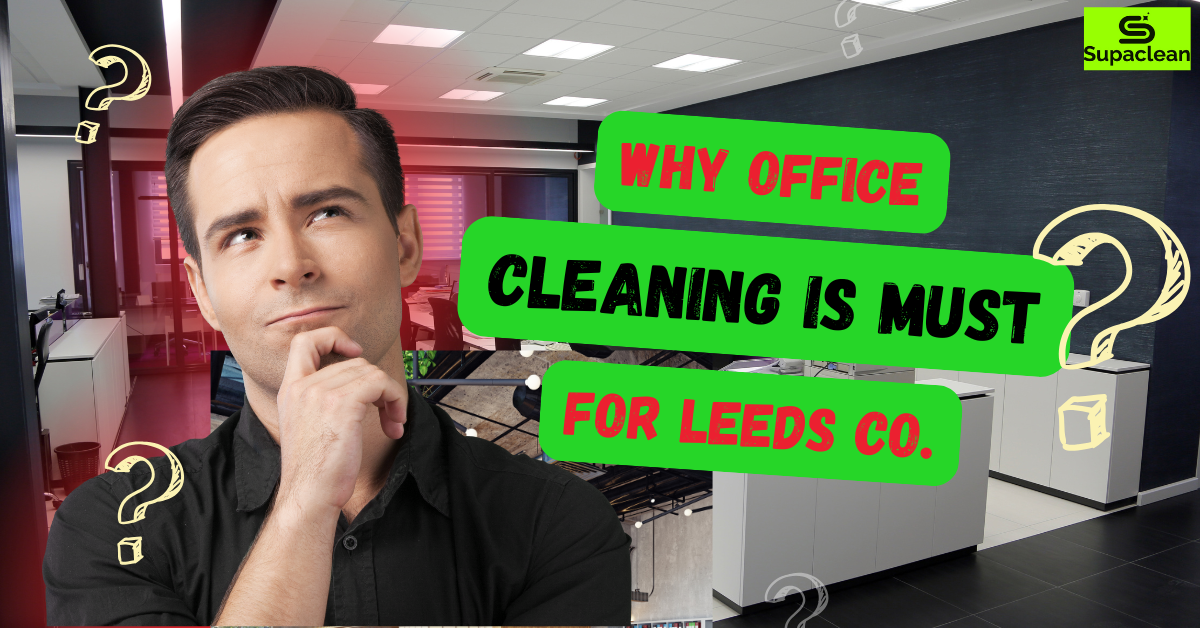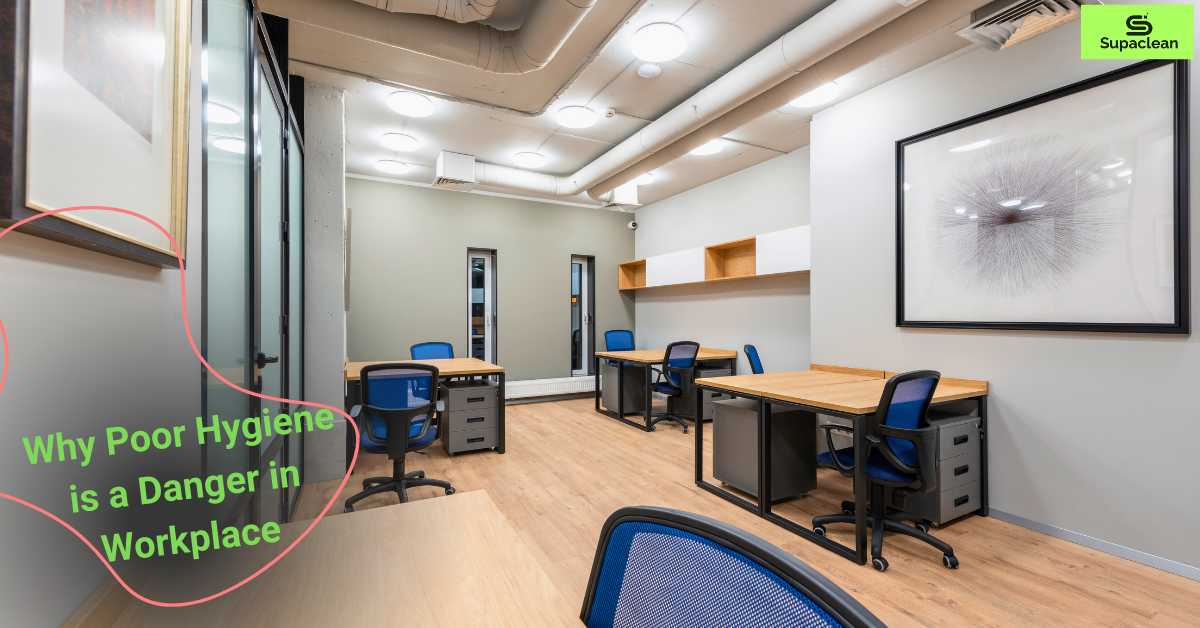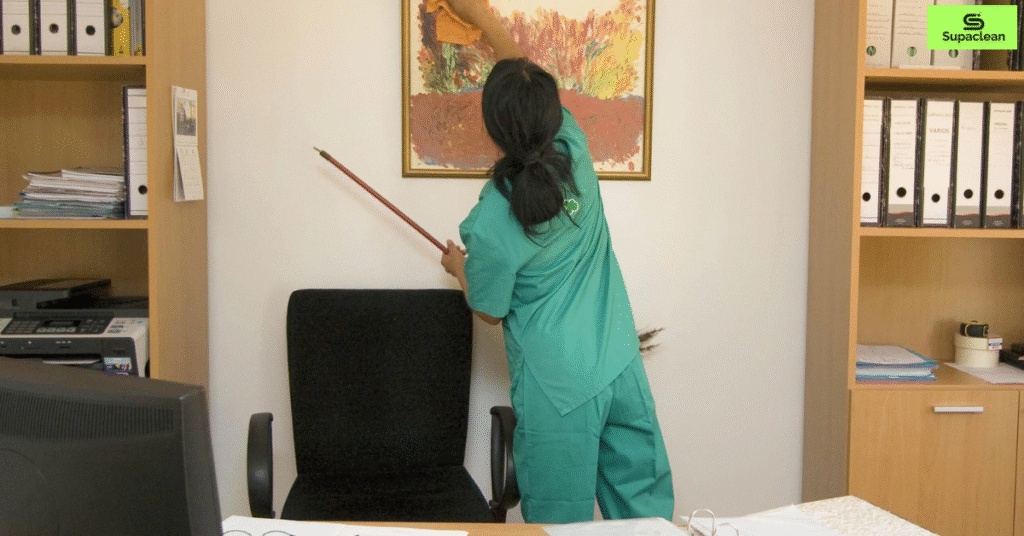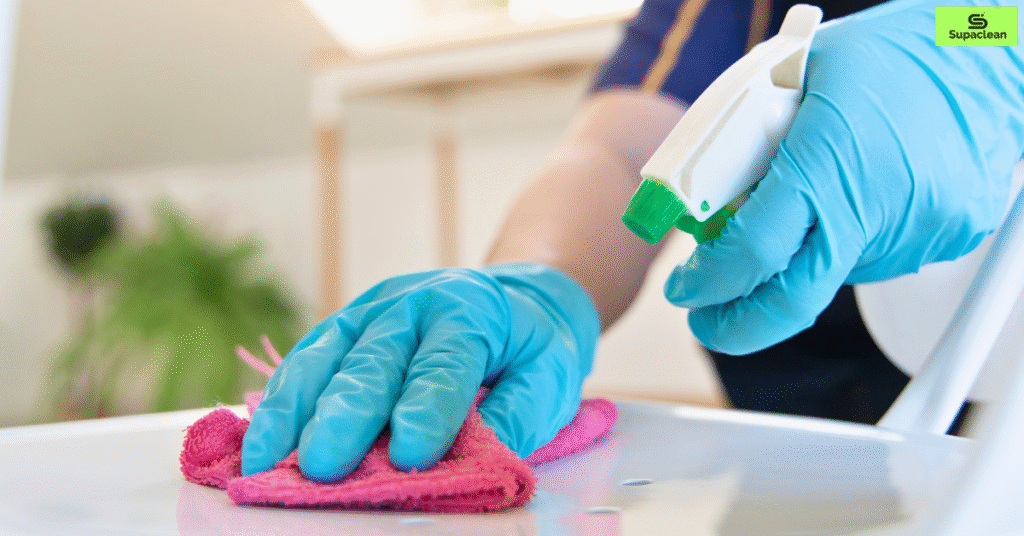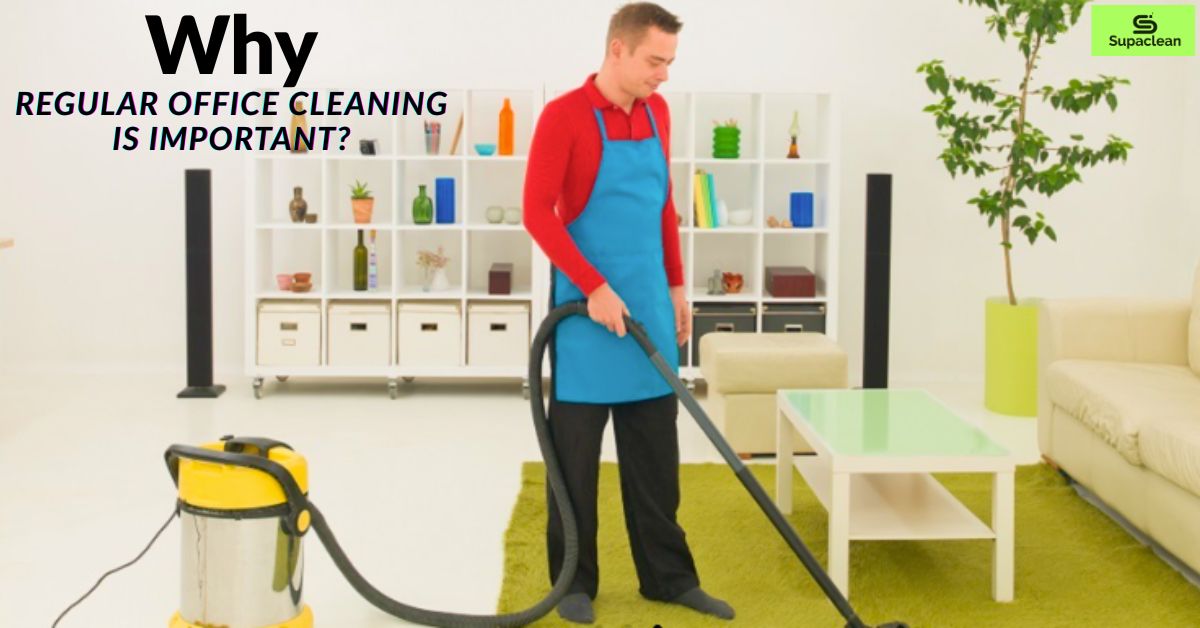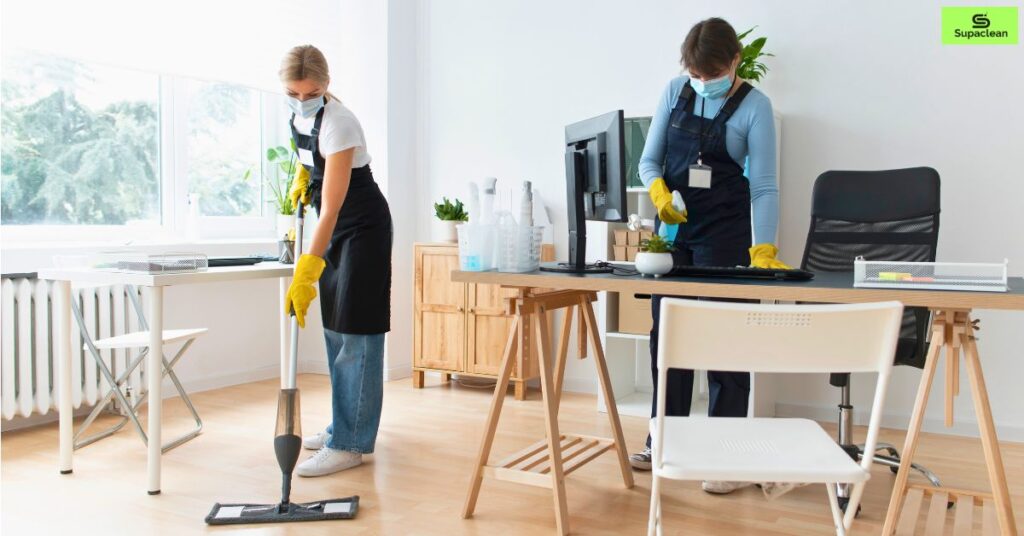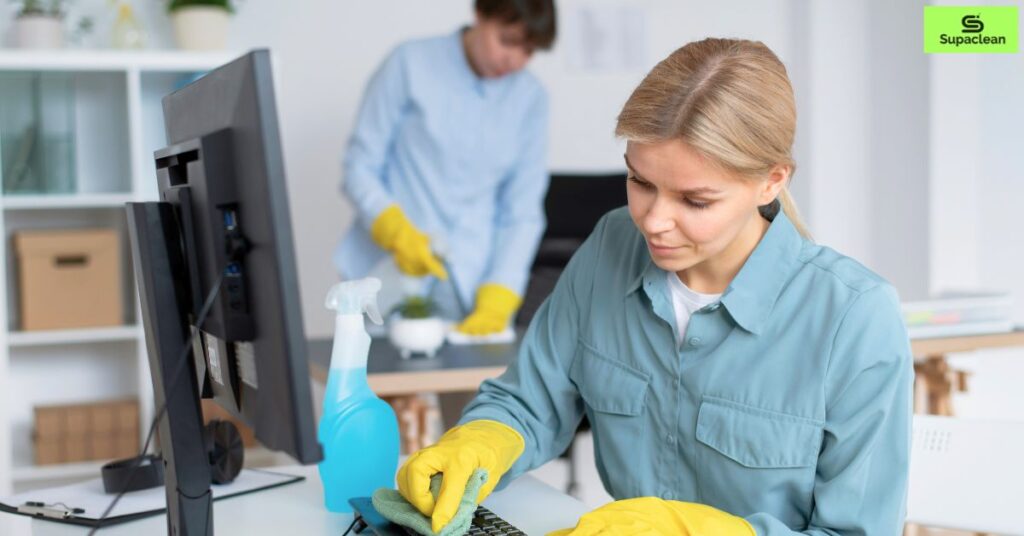Introduction - Leeds at the Heart of Business Growth
Leeds is one of the UK’s fastest-growing business hubs, with modern offices, co-working spaces, and thriving industries. But as workplaces expand, so does the need to keep them clean, safe, and welcoming.
Office cleaning Leeds is no longer just about appearances; it impacts employee wellbeing, productivity, and client confidence. That’s where professional office cleaning services in Leeds step in.
The Modern Leeds Workplace - More Than Just Desks
Workplaces in Leeds have changed dramatically. With hybrid working, shared desks, and co-working hubs, offices see more foot traffic than ever before.
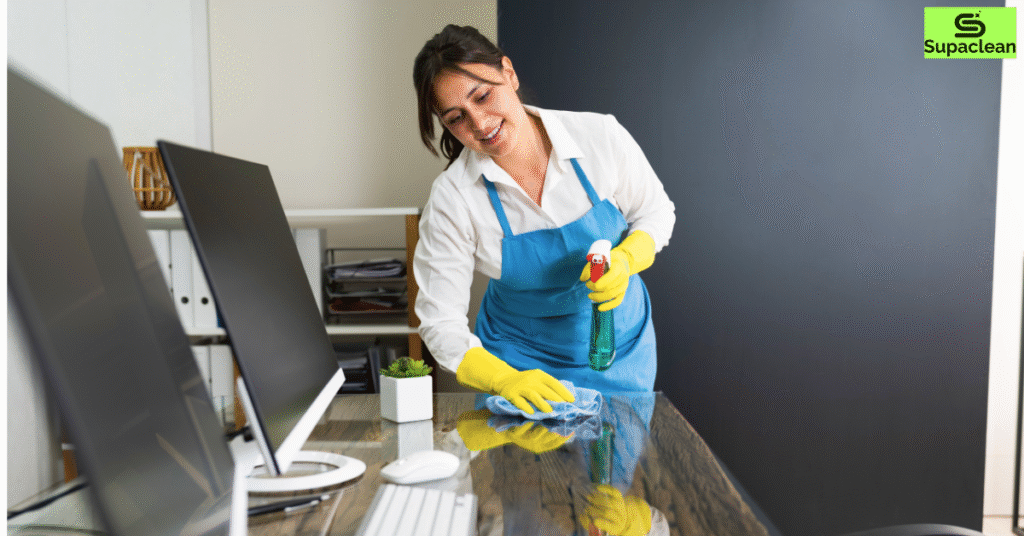
Without regular cleaning, germs and clutter quickly build up. Professional office cleaning in Leeds ensures:
- Consistently hygienic desks, kitchens, and washrooms.
- A positive image for staff and visitors.
- A workplace that reflects professionalism in a competitive Leeds market.
Why Office Cleaning Services in Leeds Are Essential for Every Workplace
1. Health & Wellbeing at the Core
A tidy office isn’t just about looking good; it directly affects staff health. High-traffic areas like receptions and kitchens can harbor bacteria, allergens, and viruses.
- In a busy Leeds city-centre office, hundreds of people pass through daily. Professional office cleaning in Leeds helps by:
- Reducing the spread of illness and sick days.
- Improving air quality with deep-clean techniques.
- Creating a healthier, safer workplace for everyone.
2. Boosting Productivity & Morale
Clean, clutter-free spaces naturally improve focus and motivation. Employees who feel valued in their work environment are more engaged and productive.
Think about it:
- A dusty office with stained carpets feels draining.
- A fresh, sparkling workspace makes staff feel energized.
- That difference is exactly why commercial cleaning in Leeds is an investment, not a cost.
3. Making the Right Impression on Clients
When clients visit, your office speaks before you do. A spotless reception, polished meeting rooms, and hygienic facilities send a clear message: your business values quality.
In industries like finance, law, and technology, which Leeds is known for, appearances matter. Professional office cleaning in Leeds ensures your workplace leaves a lasting impression.
Why DIY Office Cleaning in Leeds Isn’t Enough
Some businesses rely on staff to tidy up, but this rarely delivers the same results. Every day office cleaning can miss hidden dirt, high-traffic areas, and tough stains.
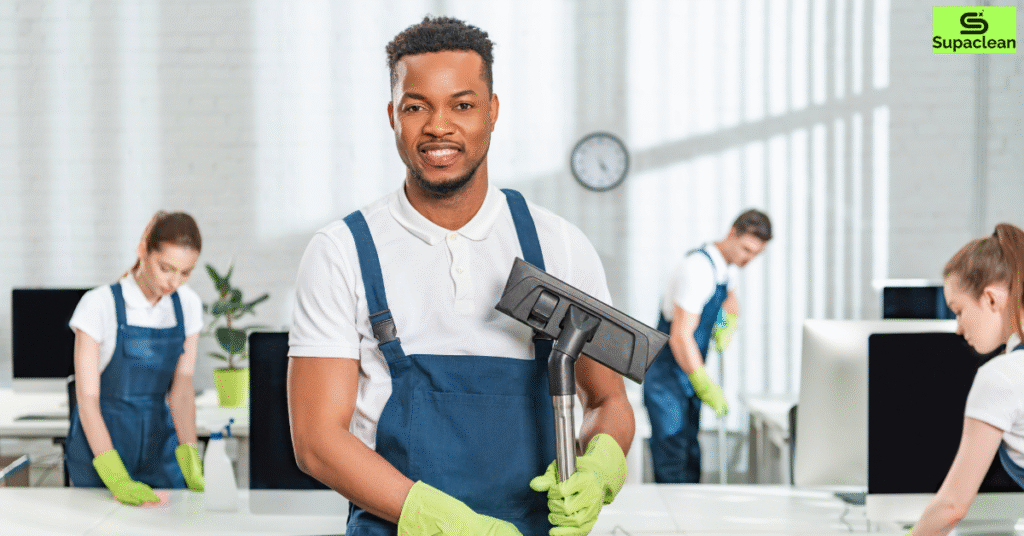
Professional cleaners in Leeds bring:
- Advanced tools and eco-friendly products.
- Trained staff who follow strict cleaning standards.
- Flexible schedules that fit around your business hours.
- With office cleaning services in Leeds, you get a consistent, high-quality clean every time.
Sustainability & Professional Standards
Many Leeds businesses now prioritize sustainability. Professional office cleaners in Leeds can support this by using eco-friendly products and waste-reducing practices.
Just as important, they follow strict health and safety standards, ensuring compliance while keeping staff and visitors safe.
Choosing the Right Office Cleaning Partner in Leeds
Not all cleaning companies are alike. When selecting your partner, look for:
- Reliability and local reputation.
- Trained, professional staff.
- Flexible contracts tailored to your needs.
- A local presence in Leeds for quick support.
At Supa-Clean, we provide tailored commercial office cleaning services in Leeds — from small offices to large business parks. Whether you need daily upkeep or periodic deep cleans, we make sure your workplace always shines.
Conclusion - Cleanliness as an Investment, Not a Cost
Professional office cleaning in Leeds is about more than hygiene. It’s about productivity, staff wellbeing, client impressions, and business reputation.
In a competitive city like Leeds, maintaining a spotless office is essential. Supa-Clean has been helping businesses across Leeds create healthier, more welcoming workplaces.
👉 If you’re ready to transform your office, contact our team today for trusted office cleaning services in Leeds.

